
Mar 6, 2023
One of the most frequent medical emergencies in goats is a condition called urolithiasis, which is obstruction of the urinary tract from stones. The most common cause is over conditioning (obesity) and suboptimal diet. It is primarily a disorder of neutered male...
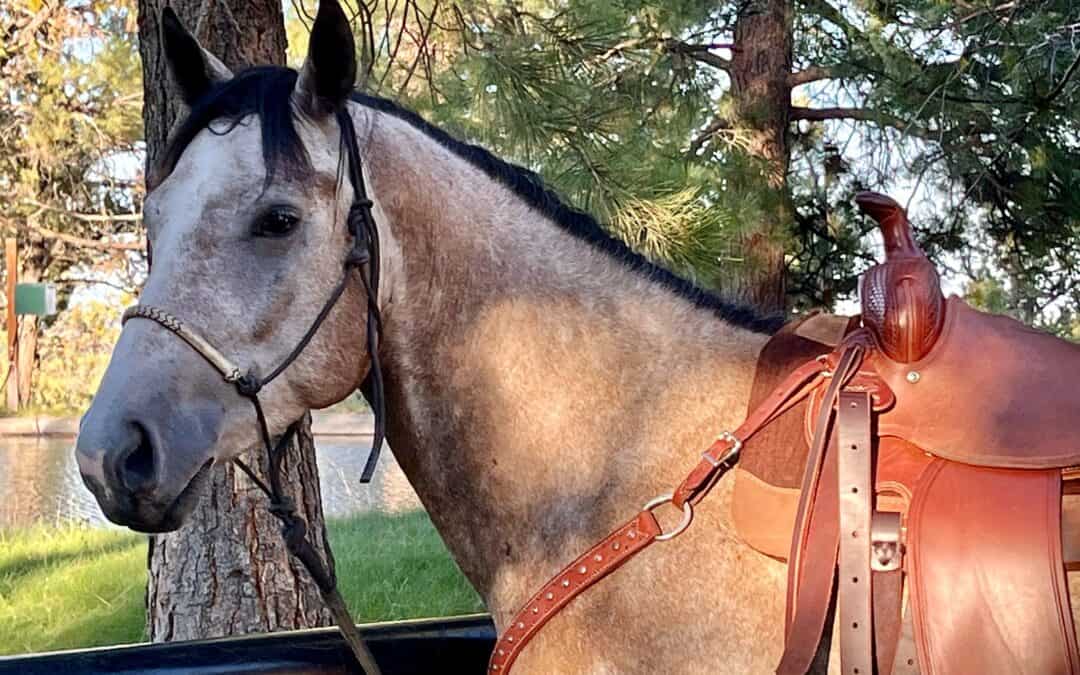
Feb 28, 2023
Although seemingly benign in other species, diarrhea can be very serious and even potentially fatal in horses. Monty, a 4-year-old Quarter Horse gelding, presented to BEMC for being dull, not wanting to eat, and lying down more than normal. At arrival he was found to...
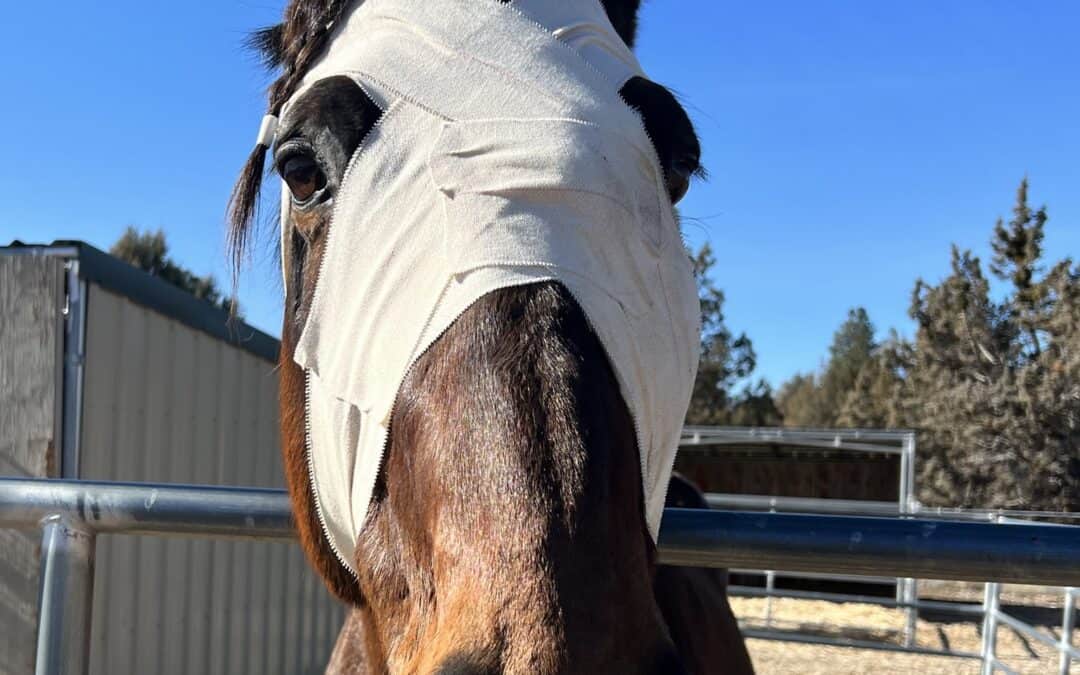
Feb 23, 2023
Meet Reggie! Reggie is a 20-year-old Warmblood gelding that presented in early February for a facial laceration. On examination at the clinic, we found he had a maxillary bone (upper jaw) fracture at the site of the laceration that had displaced into his maxillary...
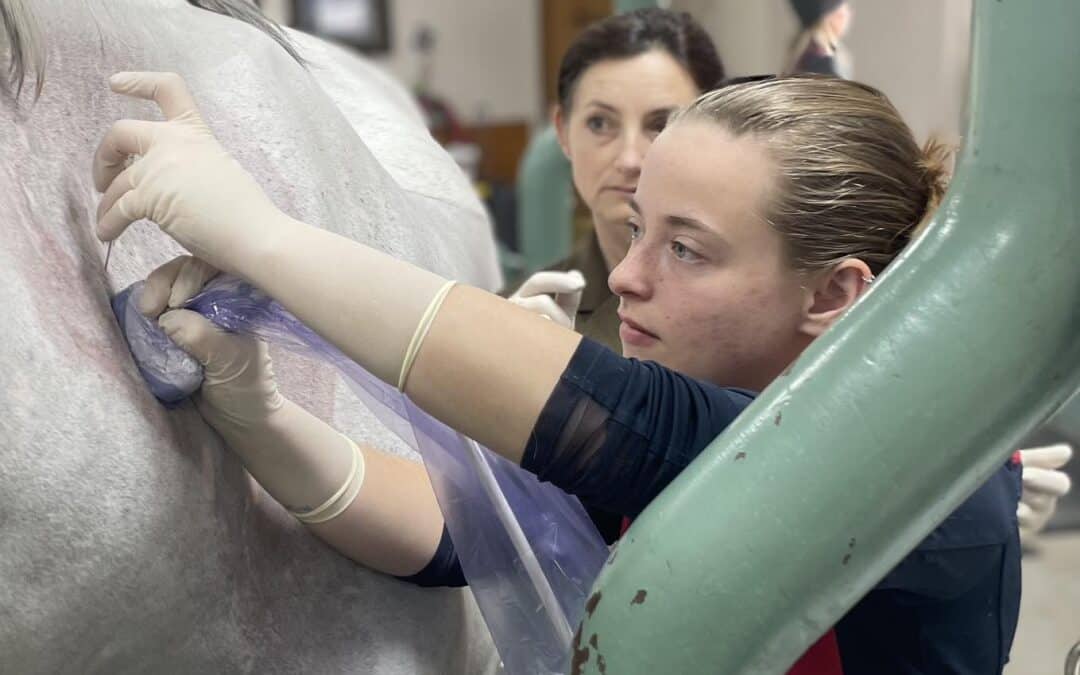
Feb 16, 2023
Hocks and stifles aren’t the only arthritic joints veterinarians can treat. Most horse owners are familiar with the concept of therapeutic injections to manage osteoarthritis in joints such as the hocks and stifles, but did you know osteoarthritis can also affect the...
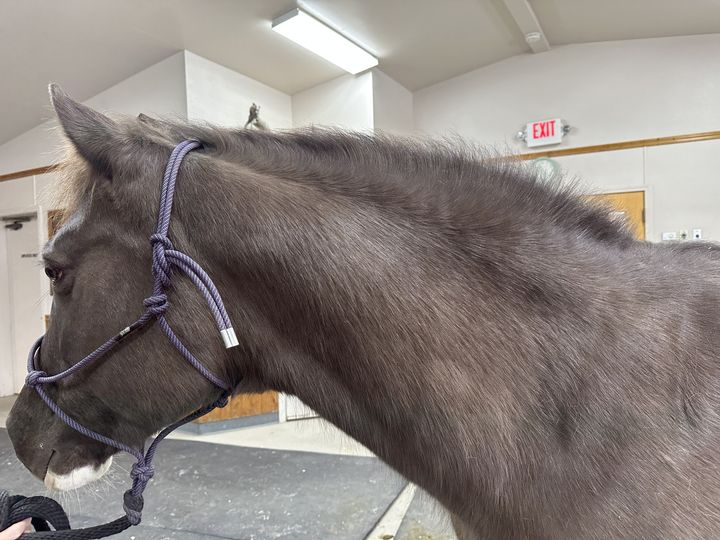
Feb 15, 2023
Excessive weight gain can lead to health issues such as insulin resistance and laminitis. While performing spring wellness exams, we see quite a few horses that inadvertently got too “fluffy” over the winter. “Fluffy” in this context refers...
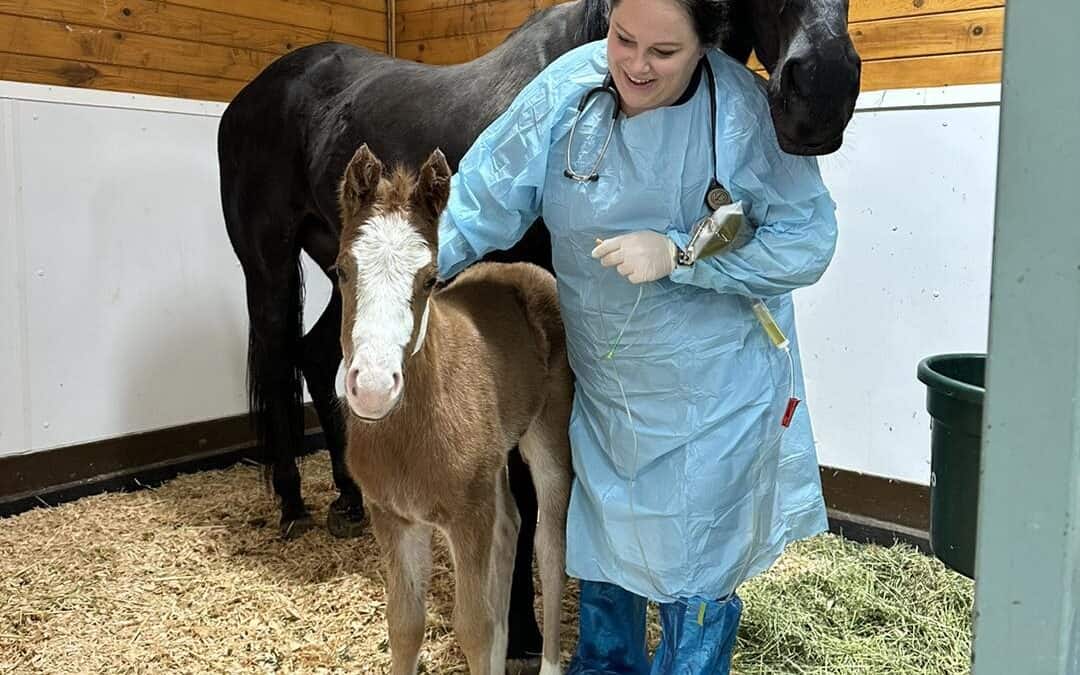
Feb 9, 2023
Learn how we detected and treated one filly’s meconium impaction. When foals are born, they must pass their first manure — called meconium — within 12 hours to avoid a painful and serious impaction. We recently performed routine new foal bloodwork on a filly just 20...






